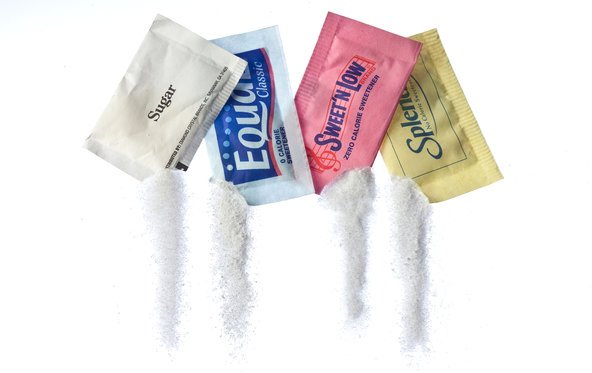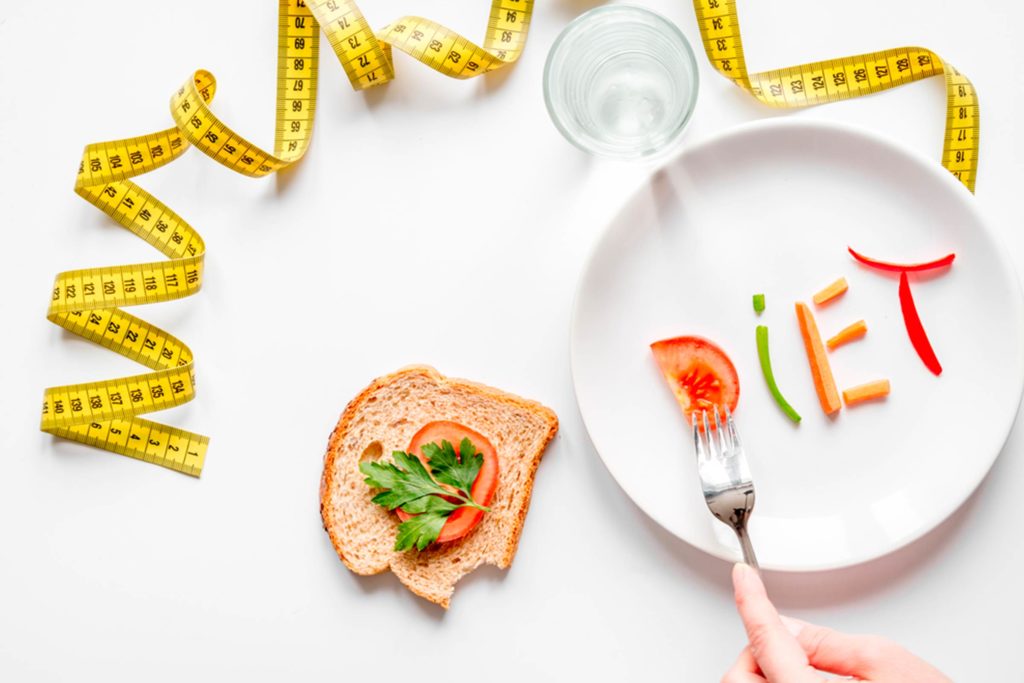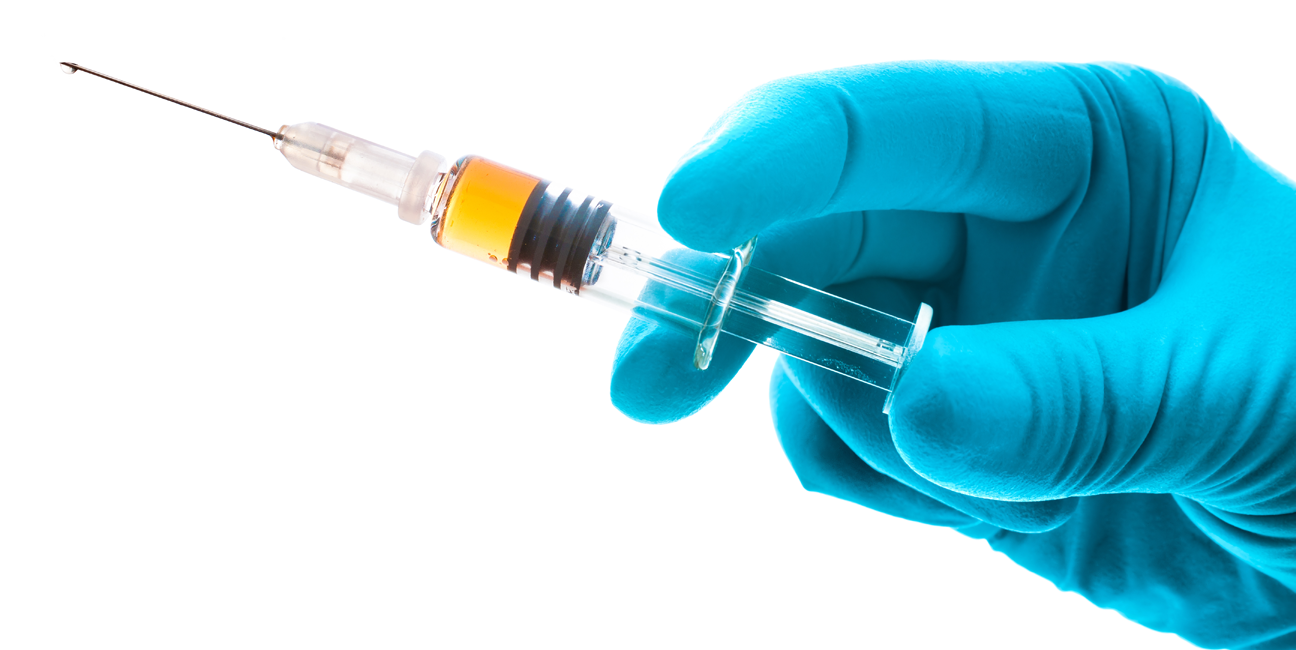Life is busy. Whether it’s school, work, or making time for our friends, we typically add too many things to our schedules, and we end up developing lots of bad habits to help conquer our busy agendas. So what do we reach for to gain that extra bit of focus? Coffee? Soda drinks? Processed foods? As new college students who are simultaneously trying to avoid the notorious freshman 15, some of us tend to reach for items that don the name of “low-calorie” or “zero-calorie.” But are these artificial sweeteners really helping us in the long run? Or should we be reaching for products that use natural sugar instead?
A recent study by Dr. Susan Swithers and Dr. Terry Davidson, psychologists working at the Ingestive Behavior Research Center at Purdue University, affirmed that artificial sweeteners can cause weight gain. Since the food sweetened artificially was less fulfilling, individuals who use artificial sweeteners were more likely to overcompensate by consuming more calories later on. According to these doctors, there is a link between sweet taste and the anticipated high-calorie food intake that is to follow, but artificial sweeteners break this link. This can lead to overeating. There has also been statistically significant evidence showing that obesity in humans has increased with the increased usage of artificial sweeteners over the years.
Artificial sweeteners, like Splenda and aspartame, have been chemically engineered in laboratories to have zero calories and a greater sweetness than sugar. It has been disputed that the chemicals used to engineer artificial sweeteners have been linked to cancer in laboratory animals. Some professionals claim that, due to their strength, they are typically used in smaller doses and therefore will not be sufficient to cause any damage in such small quantities, but really, why would you put yourself at such a risk?
So, why’s real sugar better? Well, the human body has figured out how to digest, store, and utilize real sugar. Whether it’s consumed in honey, sugar cane, or any other natural form, the body can identify that it is sugar and respond to it by storing the sugar as muscle glycogen or fat. So, it’s not a good alternative to try and confuse your body with zero-calorie sweeteners just to forgo changing your eating habits.
That’s not to say you should load up on real sugar, though, because it is important to keep a well-balanced diet made up of food items from different food groups. Too much sugar can increase your blood sugar and result in high cholesterol, diabetes, high abdominal fat, and an increased risk of heart disease.
So the next time you’re looking for that boost in energy or looking to keep your calorie intake in check, try these useful tips. Refrain from overdoing it with artificial sweeteners, and remember, natural is better!
Bonus Tips
- A teaspoon of sugar only has 15 calories, so go ahead and scoop a little natural sugar in your cup of coffee and take the long route home that day. Also, try using raw, unprocessed sugar instead!
- Try limiting your sweet tooth. Don’t grab something sweet every time you want it! If you just have to have sweets, use portion control. Don’t eat the whole batch of cookies. Just have one!
- Look for alternatives. When your cravings kick in, reach for dark chocolate instead, it is sweet and good on your cholesterol! Grab a piece of fruit. It’s filled with natural sugar and will do the trick!
- Plan indulgences. The anticipation makes them even sweeter, and you’ll limit your intake.
- Go for a walk to remove yourself from temptation, or distract yourself from your cravings somehow.
Article by Kate Klippert
Feature Image Source: The New York Times
























